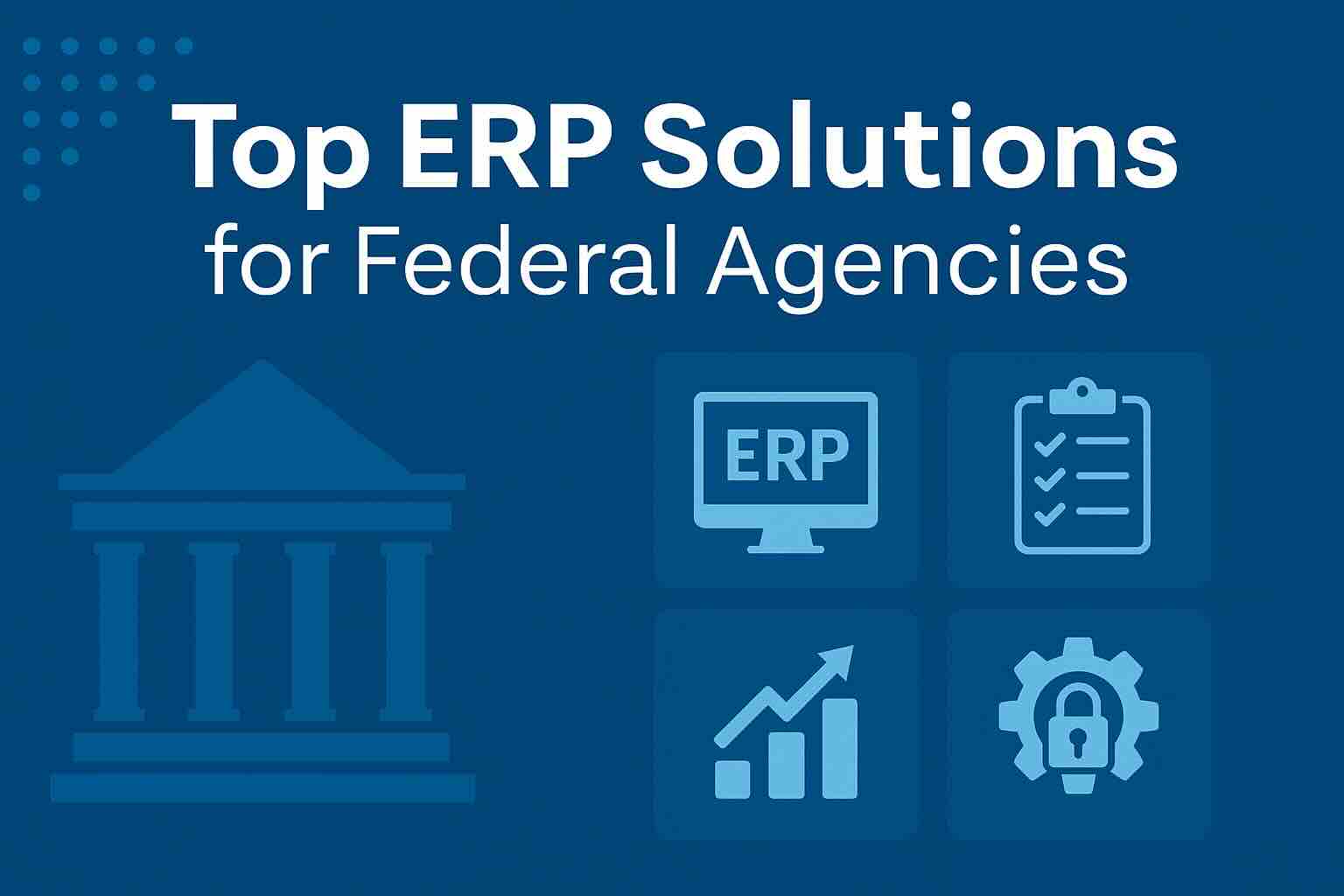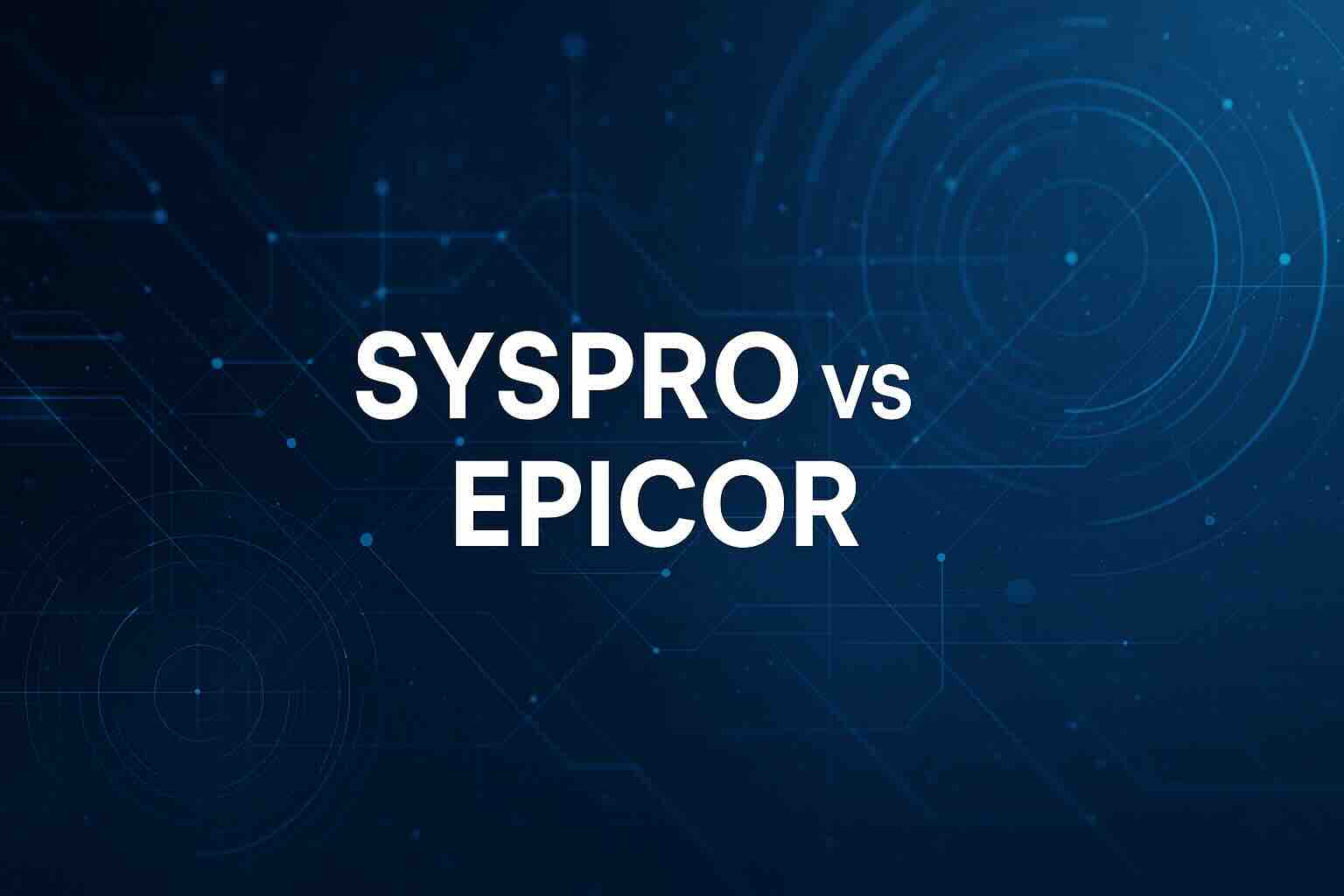Compare ERP for Electronics

The electronics industry, characterized by its rapid pace of innovation and complex supply chains, demands robust and flexible business management solutions. Enterprise Resource Planning (ERP) systems are crucial in this context, offering an integrated approach to managing core business processes. As we compare ERP for electronics, it’s essential to evaluate how these systems adapt to industry-specific challenges, such as product lifecycle management, compliance tracking, and intricate supply networks. This exploration aims to illuminate the strengths and weaknesses of different ERP solutions, guiding electronics businesses towards making an informed decision that could significantly influence their operational efficiency and market competitiveness.
Syspro: A Specialist in Electronics Industry Needs
Strengths:
- Tailored for Electronics: Syspro shines with features designed specifically for the electronics sector, such as advanced product lifecycle management, warranty tracking, and robust compliance tools, making it a strong contender for businesses looking for industry-focused solutions.
- Supply Chain Excellence: Given the volatility of electronics supply chains, Syspro’s strong supply chain management features, including demand forecasting and inventory optimization, are invaluable for maintaining efficiency and responsiveness.
Weaknesses:
- Steep Learning Curve: Implementing Syspro can be challenging, requiring significant training due to its complex functionalities, potentially delaying full adoption and benefits realization.
- Investment Concerns: For smaller businesses or startups in electronics, Syspro’s cost, while often justifiable in terms of ROI, can be a considerable initial investment.
Click this link to find out more about Syspro for electronics.
Oracle Cloud ERP: An All-Encompassing Solution
Strengths:
- Scalability and Flexibility: Oracle Cloud stands out for its scalability, easily accommodating the growth and diversification of an electronics business. Its flexibility in customization allows companies to tailor the system to their specific needs.
- Comprehensive Integration Capabilities: With robust integration features, Oracle Fusion seamlessly connects with various business applications, essential for electronics companies dealing with complex product ecosystems.
Weaknesses:
- Complexity in Customization: While offering extensive customization options, the process can be complex and resource-intensive, requiring dedicated expertise.
- Higher Total Cost of Ownership: The comprehensive nature of Oracle Cloud can lead to a higher total cost of ownership, considering both direct and indirect expenses, such as training and customization.
Click this link to find out more about Oracle Cloud ERP for electronics.
Infor: Optimized for Efficiency and Innovation
Strengths:
- Industry-Specific Innovations: Infor’s ERP solutions are renowned for their industry-specific innovations, providing electronics businesses with tools for efficient product design, supply chain management, and compliance.
- User-Friendly Interface: With a focus on user experience, Infor’s ERP solution offers an intuitive interface that can enhance user adoption and productivity.
Weaknesses:
- Integration Challenges: In some cases, integrating Infor with existing systems can present challenges, necessitating additional resources for seamless integration.
- Limited Customization in Certain Modules: While Infor offers robust functionalities, some modules may offer limited customization options, potentially requiring workarounds for specific business needs.
Click this link to find out more about Infor for electronics.
Conclusion
In summary, as we compare ERP for electronics, each solution presents a unique blend of strengths and weaknesses. Syspro is well-tailored for industry-specific needs, Oracle Cloud offers scalability and comprehensive integration, and Infor brings innovative, user-friendly solutions. The choice of an ERP system is a strategic decision that impacts every aspect of an electronics business. Companies must weigh these factors carefully, considering their specific operational requirements, growth aspirations, and the nuances of the electronics market. Selecting the right ERP system is not just about adopting technology; it’s about embracing a tool that can transform the way a business operates in the ever-evolving electronics industry.
To compare these ERP solutions and many more, you can use our new AI-powered Compare ERP tool. It’s free to use and you get a guaranteed discount on your first year’s licence fees with a referral from Compare ERP.









